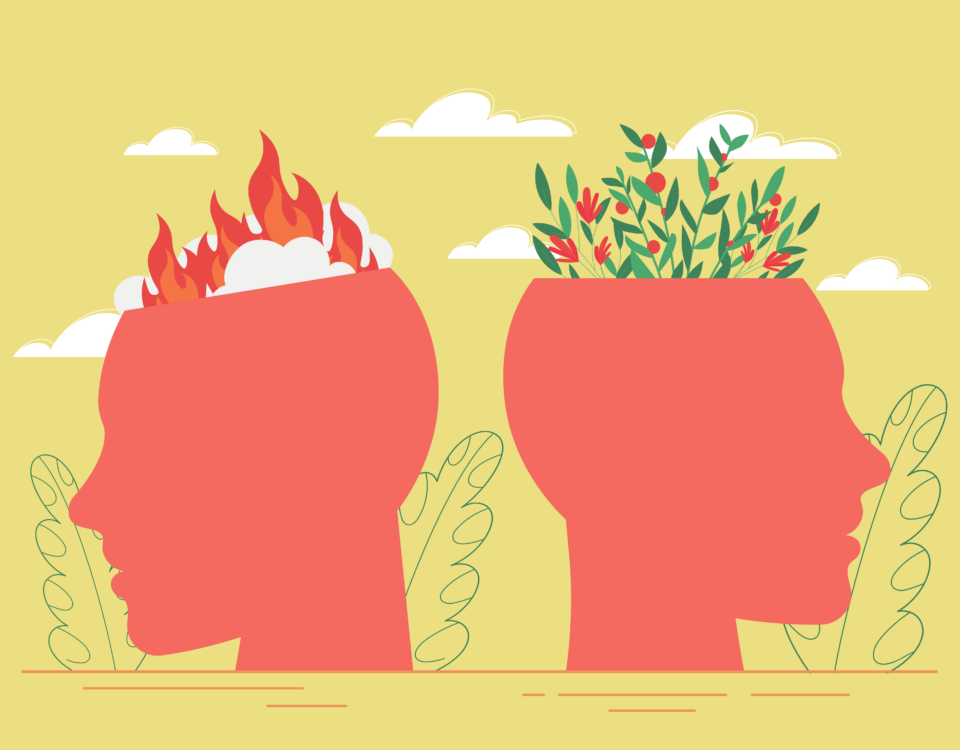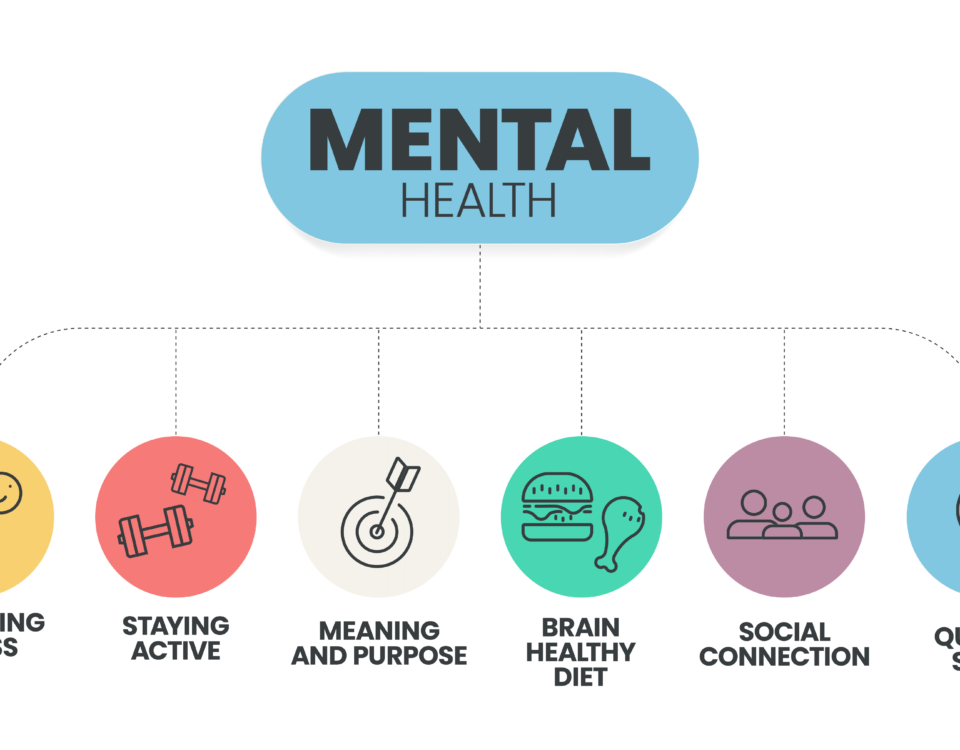Trauma has the power to change a person’s life. For many, it leaves lasting scars that manifest as emotional and mental health challenges. When trauma evolves into post-traumatic stress disorder (PTSD), individuals may struggle to cope with overwhelming emotions and memories. As a result, many people turn to substances like drugs or alcohol in an attempt to manage these feelings. Unfortunately, this self-medication often leads to addiction. PTSD and addiction commonly co-occur, creating a vicious cycle that can be difficult to break. At Banyan Treatment Center, we specialize in treating individuals facing these dual-diagnosis disorders, offering customized treatment plans to help patients reclaim their lives.
Typical Symptoms of PTSD and Who It Affects
PTSD is a mental health disorder that can develop after experiencing or witnessing a traumatic event.
Symptoms of PTSD can be debilitating and are typically divided into four categories:
- Intrusive memories: These are recurrent, involuntary memories of the traumatic event. Individuals may experience flashbacks, nightmares, or intense emotional distress when reminded of the trauma.
- Avoidance: People with PTSD often try to avoid thinking about or discussing the traumatic event. They may avoid places, activities, or people that remind them of what happened.
- Changes in thinking and mood: Negative thoughts about oneself or others, hopelessness about the future, memory problems, and difficulty maintaining close relationships are common.
- Changes in emotional reactions: Individuals with PTSD may become easily startled, feel constantly on edge, or have difficulty sleeping. They may also struggle with anger or irritability.
Symptoms of PTSD can have a profound impact on daily life, making it difficult to maintain relationships, hold a job, or even function day to day. While PTSD is commonly associated with military personnel, anyone who has experienced trauma, including first responders, survivors of assault, or individuals with childhood trauma, can suffer from PTSD. Trauma can lead to anxiety, PTSD, and various other mental health conditions. It’s also closely linked to substance use disorders, such as addiction or alcoholism. At Banyan Treatment Center, we’re here to help treat these co-occurring challenges through our specialized addiction and mental health facilities.
Getting into treatment is easy with our free insurance verification
"*" indicates required fields
Does PTSD Cause Addiction?
Substance abuse often begins as an attempt to manage overwhelming emotions and symptoms of PTSD, such as anxiety, insomnia, or flashbacks. One main reason for this type of coping stems from one's childhood experiences. Unfortunately, this method can snowball into a reliance on any particular substance, thus worsening symptoms of PTSD and leading to a dangerous co-occurring disorder.
So, while PTSD or other mental health disorders do not directly cause addiction, they significantly increase an individual’s susceptibility to substance use disorders. According to research, individuals with PTSD are at a much higher risk of developing substance abuse problems compared to those without the disorder. Studies indicate that co-occurring PTSD and substance use disorders are common, with many individuals using substances as a way to self-medicate their emotional and psychological distress.
The Cycle of PTSD and Substance Abuse
PTSD and addiction are deeply interconnected. The emotional strain of PTSD can lead individuals to seek relief through drugs or alcohol, but this temporary escape only worsens the symptoms. Substance abuse may temporarily dull the pain of intrusive memories or anxiety, but it ultimately exacerbates feelings of depression, hopelessness, and despair.
Common issues linked to untreated PTSD include:
- Employment problems
- Depression
- Anxiety
- Relationship issues, including divorce
- Suicidal thoughts or behavior
As individuals consume more substances to manage these emotions, the addiction intensifies, creating a dangerous feedback loop. The addiction worsens the symptoms of PTSD, and untreated PTSD makes the addiction harder to overcome. Without professional help, this cycle can be nearly impossible to break.
Early Signs of Co-Occurring PTSD and Addiction
Recognizing the early signs of both PTSD and addiction is crucial for early intervention and better treatment outcomes. Some common signs include:
- Using drugs or alcohol to cope with stress or anxiety
- Difficulty concentrating or maintaining a job due to substance use
- Mood swings or irritability
- Avoiding social situations, people, or activities that remind the individual of their trauma
- Frequent nightmares or flashbacks of the traumatic event
Early intervention is key to preventing these symptoms from worsening. If you or someone you know is showing these signs, seeking professional help as soon as possible can make a significant difference in long-term recovery.
At Banyan Treatment Center, we understand the complex nature of these co-occurring disorders and offer dual diagnosis treatment to help patients recover from both.
The Importance of Dual Diagnosis Treatment
Dual diagnosis treatment refers to the simultaneous treatment of both a mental health disorder, like PTSD, and a substance use disorder. Treating only one disorder at a time is often ineffective, as the untreated disorder can cause the treated one to relapse. For example, if someone’s PTSD is not addressed, their ongoing emotional struggles may drive them back to substance abuse, even if they’ve undergone addiction treatment.
At Banyan Treatment Center, we take a comprehensive approach to dual diagnosis treatment. Our programs are designed to address both PTSD and addiction, providing therapy, medical care, and support for lasting recovery. Treatment plans are customized for each patient, ensuring that all facets of their mental health and addiction are addressed.
Learn more about dual diagnosis treatment at Banyan by visiting our page.
Start Your Journey Today
Living with PTSD and addiction can feel overwhelming, but it’s important to remember that recovery is possible. If you or someone you love is struggling with these co-occurring disorders, don’t wait to seek help.
At Banyan Treatment Centers, we help patients address their challenges with our personalized mental health programs. These programs can treat PTSD, addiction, anxiety, and many other comorbid disorders. Contact Banyan Treatment Center today at 888-280-4763 to learn more about our treatment options and how we can help you take the first steps toward healing.








